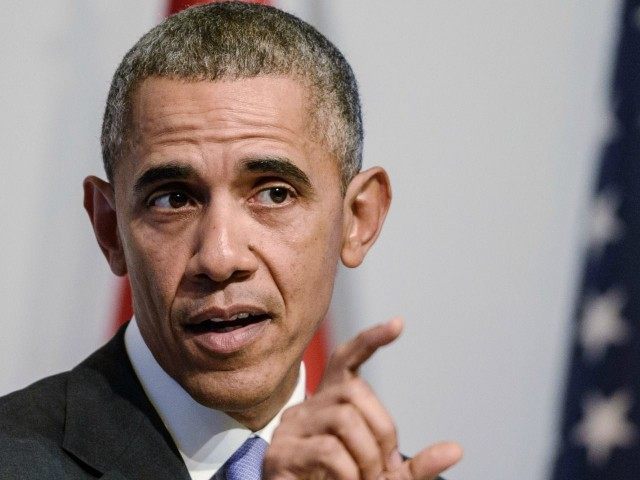During his press conference in Turkey this Monday, President Obama suggested his critics talk tough on ISIS but don’t have any real suggestions to offer other than putting “large numbers of U.S. troops on the ground.”
Friday, Politico magazine published the views of eight military experts, ranging from retired generals to think tank experts. Notably, not one of the experts seems to think Obama’s current approach to defeating ISIS is sufficient.
Perhaps the most generous assessment came from Retired Maj. General Paul Eaton who tells Politico that Obama has the right military strategy but concludes the U.S. is, “seriously behind in the application of the diplomatic, economic and information operations components of national power.” Gen. Eaton seemed particularly disturbed by America’s failure in the PR battle taking place online, writing, “ISIL is winning the messaging war, which is stunning.”
Former Democratic congresswoman Jane Harman writes that efforts to seize the rhetorical high ground (such as closing Gitmo) are important but “not sufficient.” She concludes more air power and diplomatic effort are needed, “The urgent step should be to establish safe zones, using our air power (supported by targeters and advisers on the ground) to create space for suffering Sunnis.”
Even Lawrence Korb of the progressive Center for American Progress, a ubiquitous ally of the Obama White House, suggests the president needs to get more aggressive, saying, “Obama needs to intensify the strangulation impact on ISIL by increasing the amount of bombing in the region.” This is similar to what former CIA director Mike Morell said earlier this week.
Other experts suggested even more aggressive approaches. Professor John Arquilla of the Naval postgraduate school suggests establishing two “strongholds” in Iraq to raid and disrupt ISIS convoys connecting the cities they currently control. These strongholds would be composed of a few thousand special forces soldiers from the U.S., France, and Britain.
Retired Air Force General Charlie Dunlap is perhaps the most critical of the current approach. “American air power needs to be unleashed, but so far the air effort has been amazingly anemic,” he tells Politico.
“It is mind-boggling that the secretary of defense is only now considering loosening the rules of engagement. How many civilians have died because of the unnecessary political constraints that have allowed ISIL fighters to live on unmolested and wreak havoc upon the helpless?”
Contrary to the president’s suggestion that his approach is the only one available, short of “large numbers of U.S. troops on the ground,” Politico was able to find eight experts (nine including Morell earlier this week) who think the U.S. could be doing much more diplomatically, on social media, in the air, and on the ground. All of these approaches would require more aggressive leadership, but none would require a commitment of large numbers of ground troops.

COMMENTS
Please let us know if you're having issues with commenting.